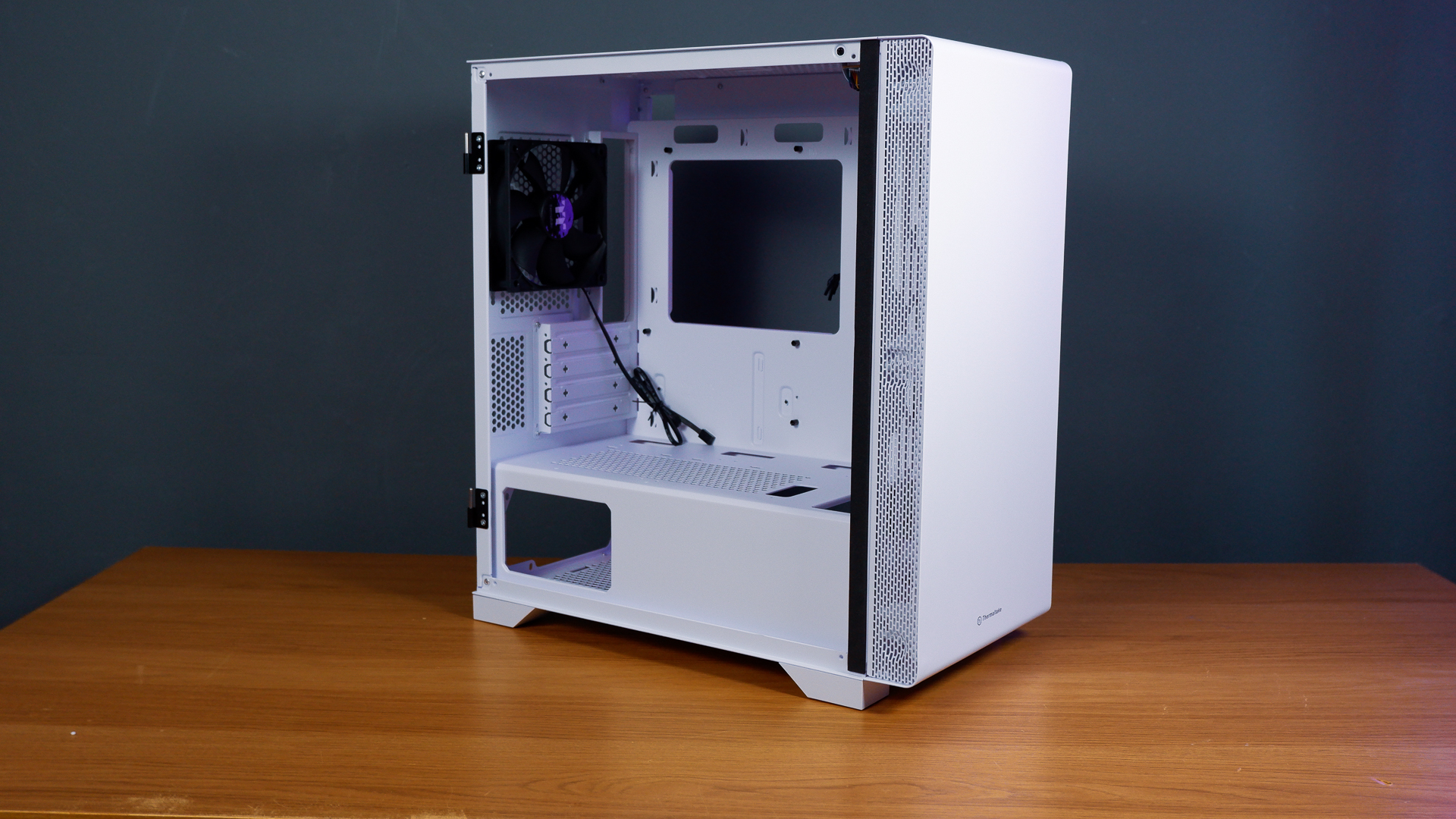Why doesn't Dota 2 have a ladder system?

Every week, Chris documents his complex ongoing relationship with Dota 2, Smite, and wizards in general.
League of Legends has one. StarCraft II has one. Hearthstone has one. Smite has one. Seasonal ladders are a standard component of most modern competitive games, and lately I've been wondering why Dota 2 is absent from that list—particularly as Valve continue to tweak the MMR system.
I'm no fan of the way the MMR system has been implemented, nor do like the effect it's had, over time, on the Dota community. Valve's approach has always been inconsistent—or at least, they've not been transparent about their reasoning. Way back when, your matchmaking rating was hidden, the thought being that a visible rating would just lead players to obsess over it (that thought was correct). Later it was made visible and now the average MMR of each team is displayed at the start of the match, with the highest-rated players indicated in each case. Valve's slow U-turn is finally reaching its end.
I imagine we'll see the obvious problems that this has introduced shake themselves out over time—people will stop granting mid automatically to the highest-rated player, games will become less about ensuring that the enemy's best guy has a bad time—but, to me, it feels like Dota 2 has arrived at a strange middle ground. Competitive rating systems have two purposes: to ensure that players are matched with equally-skilled opponents, and to provide players with a goal—a way to gauge their improvement. Dota 2's system works reasonably well for the former, but it's terrible at the latter.
The current MMR system is visible enough to define how most people perceive their value as players, but the task of significantly altering your MMR is so monumental that it's out of reach of all but the most dedicated. Plenty of studies have been done that show that, eventually, your MMR will rise or fall appropriately—it is certainly possible to improve your rank as long as you're sufficiently dedicated and capable. That isn't in doubt, nor is the achievement of those players who have managed to significantly improve their position.
It certainly is an achievement—improving your rating by a notable amount (normally a matter of thousands of points) takes months and requires a huge investment of time. It is a marathon: grueling, unforgiving, and, a lot of the time, really unpleasant. The Dota community gets some of its best qualities from that process. It also gets a lot of its worst ones. Playing the MMR game feels a lot like wading through a mire: progress is incremental and your destination is always very far away. Also, the mire is full of dickheads. You look down; the mire is dickheads.
Personally, I see no reason why the current system couldn't work as the basis for a faster, more gratifying ladder system. In addition to improving my MMR slowly over time, I'd love the ability to play for a position within a monthly ladder, with tiers of performance—master, diamond, gold, and so on—that give you a sense of your general skill level at that time. In particular, I think being able to do this with a dedicated stack would fill in a gap between pub play and in-house leagues that Dota 2 currently desperately lacks. The best option available to beginner teams at the moment is JoinDota League, and that's both sporadic and a competitive tier above what most people will be looking for.
The great thing about time-limited ladders is that they provide a clear goal and they let you know whether you've succeeded or failed in a reasonable amount of time. That simply doesn't exist for Dota 2 at the moment: you're either in for the long haul or you're not in at all. While you could argue that Dota 2 is set aside from its competitors by this very fact—that it's Dota because there's no 'quick' option—I don't think ladders would make the game any less competitive. In fact, I think it'd make it more competitive. And—crucially—I think it'd make it friendlier.
Keep up to date with the most important stories and the best deals, as picked by the PC Gamer team.
The lie of MMR—and I've said this before—is the idea that it represents you all of the time. Your MMR is an average—that means that you will sometimes play better than your rating, and you will sometimes play worse than it. If your rating says '4000', you are not a 4K player every day, or even every game. An awful lot goes into a game of Dota, and you're only as good as you are capable of being in that moment.
The problem with the current system is that it suggests that MMR is forever: this is only true if you only play ranked, and you play it all the time. The advantage of a ladder is that it is located in time. I can say 'I was a rank 12 Hearthstone player in March last year' and that will remain true regardless of my current skill level. This encourages a bit of necessary perspective—each new ladder is proof of whether you've improved or slipped—and discourages you from obsessing over any particular rating. People still do, of course—but the system itself plays against it.
This can only be healthy for Dota 2. I'd love to see Valve make the switch—or explain, in a detailed way, what they're hoping to achieve with the current system.
To read more Three Lane Highway, click here.
Joining in 2011, Chris made his start with PC Gamer turning beautiful trees into magazines, first as a writer and later as deputy editor. Once PCG's reluctant MMO champion , his discovery of Dota 2 in 2012 led him to much darker, stranger places. In 2015, Chris became the editor of PC Gamer Pro, overseeing our online coverage of competitive gaming and esports. He left in 2017, and can be now found making games and recording the Crate & Crowbar podcast.


